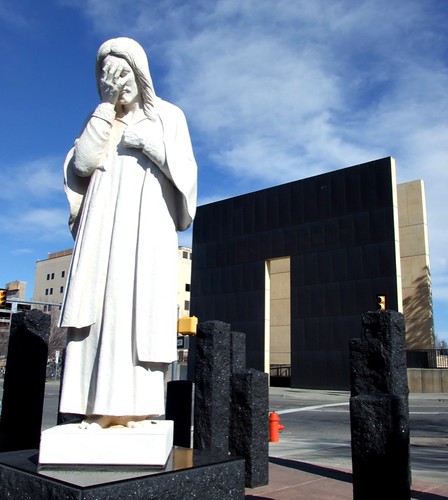
Philippians 3:10 isn’t just a verse to memorize—it’s a doorway. Paul swings it wide and says, “Come in. This is the path I’m walking.” “I want to know Christ—yes, to know the power of his resurrection and participation in his sufferings, becoming like him in his death.” He’s not drafting doctrine; he’s handing us a map, worn and creased, for anyone serious about apprenticing under Jesus.
Knowing Christ isn’t about collecting facts or polishing theology. It’s about intimacy—the kind that changes you. Paul doesn’t want secondhand knowledge; he longs for firsthand experience. It’s like standing barefoot at the ocean’s edge, salt spray on your face. You don’t just read about the waves—you feel them.
Resurrection isn’t only past—it’s present power. The Spirit that raised Jesus pulses through ordinary lives, turning endings into beginnings, ashes into beauty, despair into hope. It gives courage, knowing death doesn’t get the final word.
But Paul also speaks of suffering—sharing in it. That’s the hard part. It’s gritty, not glamorous. It means walking through pain, letting our hearts break for what breaks Christ’s. Yet in that crucible, trust deepens, character is carved, and grace becomes our lifeline.
Becoming like him in death? That’s daily dying. Not dramatic, but deliberate. Choosing love over ego, service over ambition, surrender over control. Laying down our lives again and again for others. The slow, sacred work of becoming more like Jesus.
Philippians 3:10 is a summons. A call to go deeper. To know Jesus not just in theory, but in lived reality. To walk with him through resurrection joy and suffering sorrow. To live a life shaped by sacrificial love. And in that journey, we discover what we were made for: communion, transformation, and joy that endures beyond circumstances.






